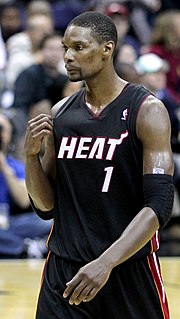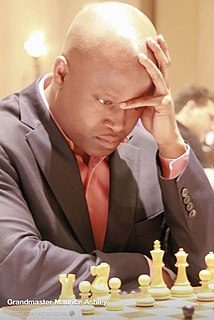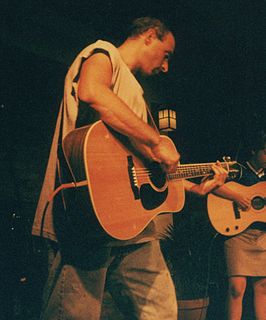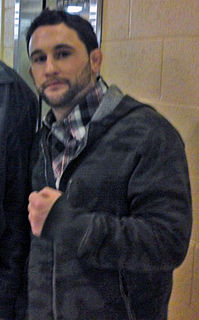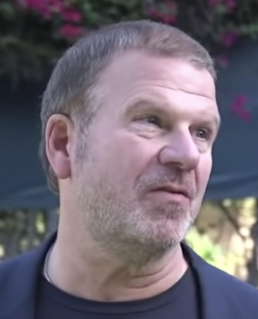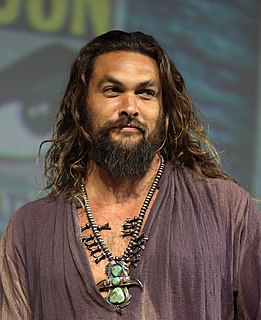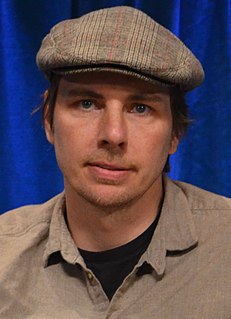A Quote by Chris Bosh
I have millions of dollars, and I don't know finance. I've had some bad things happen in my career. I've got to educate myself. I sit down with my finance guy once a month and go over everything, line by line.
Related Quotes
Hazel had read enough books to know that a line like this one is the line down which your life breaks in two. And you have to think very carefully about whether you want to cross it, because once you do it’s very hard to get back to the world you left behind. And sometimes you break a barrier that no one knew existed, and then everything you knew before crossing the line is gone. But sometimes you have a friend to rescue. And so you take a deep breath and then step over the line and into the darkness ahead.
I don't want to paint myself as some villain - I was never a bad guy doing horrible things, but I got too caught up in wanting a very specific thing to happen to the band. Ultimately, I had to find the ability in myself to get over that and stop being so stringent and learn to laugh a little bit more.
Even when there's not a joke or a hook, the first line has to be good and snapem to attention. Songs ain't novels. You don't have 30 pages to slowly wrap somebody in. They're more like short stories or poems. If the first line hasn't grabbed them, you won't get to the second line. Once you've developed an audience, you may have some luxury and trust, so you don't have to knock 'em over the head with line one.
As much as you need to know your operations, if you don't understand the finance side and how to do the business, you're never going to be successful. So you might be the best operator or visionary, but if you don't understand the finance side... I'm successful because I know the finance side, but I also know operations; it's not an accident.
'Savage Inequalities' was about school finance, and 'Amazing Grace' primarily dealt with medical and social injustices in New York. But with 'Ordinary Resurrections,' I had no predetermined agenda. When I met with the children, I was not in pursuit of any line of thinking. In our conversations, I let them lead me where they wanted to go.
